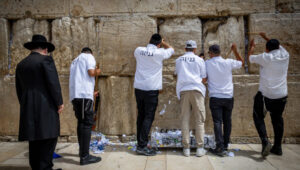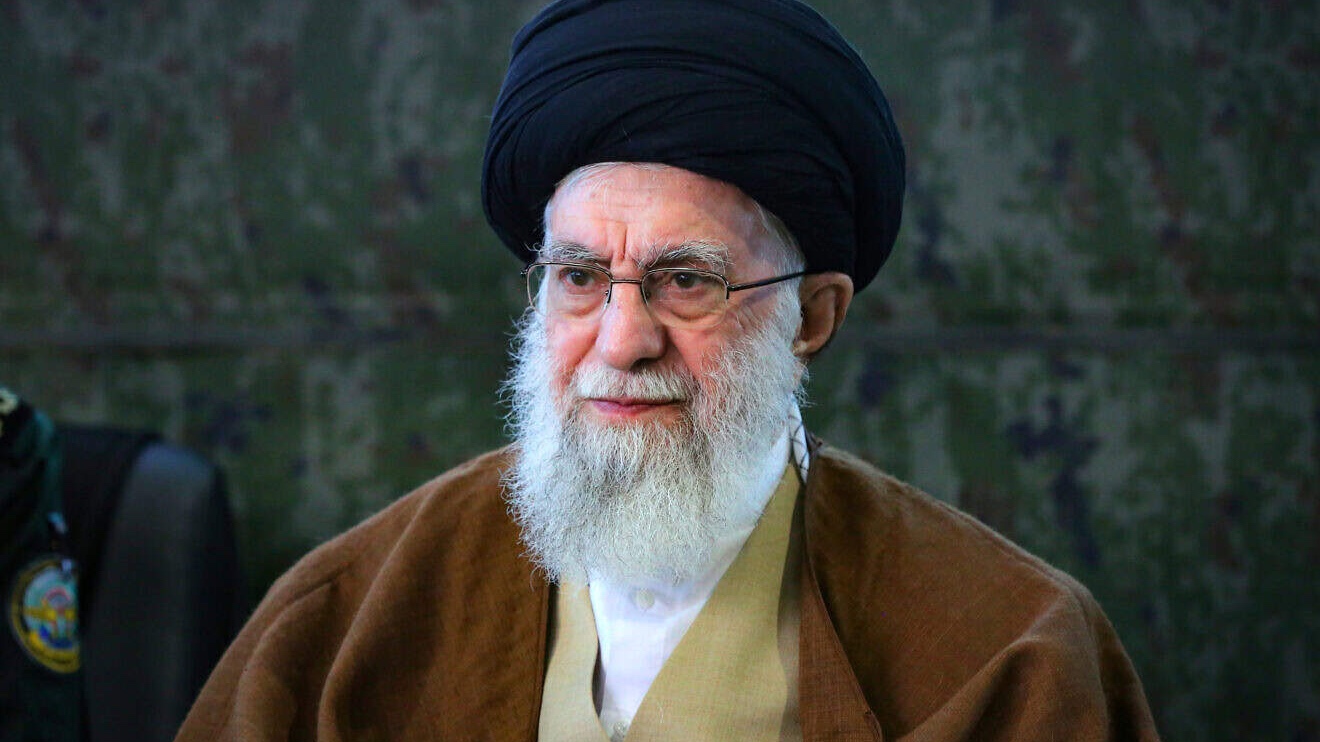The French philosopher and Nobel Prize laureate for literature Albert Camus wrote at the beginning of his book The Myth of Sisyphus: “There is really only one serious philosophical problem, suicide. Is it worth living this life, or not?”
King Solomon did not mention, much less advocate, suicide. However, in the book of Ecclesiastes (which is read on Shabbat during Sukkot), he put forth an argument thousands of years before Camus, that there was nothing to live for. King Solomon had houses, wives, horses, silver, and gold. And he saw all these as vanity and emptiness because:
“All go to one place: all are from the dust, and all return to dust” (Ecclesiastes 3:20 KJV).
Paradoxically, the most gloomy and depressing book in the Bible was chosen to be the scroll read on Shabbat, during the weeklong Biblical holiday feast of Sukkot – a holiday boasting the mandatory title “the time of our joy.” Sukkot (Tabernacles) is a holiday with a Biblical commandment to rejoice.
As if that were not enough, the Book of Ecclesiastes was almost rejected from the Bible canon due to fear of it encouraging heresy. Ecclesiastes questions the connection between a person’s behavior and the reward accorded to his level of righteousness:
“One event happens to the righteous and the wicked; To the good, the clean, and the unclean” (Ecclesiastes 9:2 KJV).
Solomon questioned whether man was created in God’s image:
“Surely the fate of human beings is like that of the animals; the same fate awaits them both: As one dies, so dies the other. All have the same breath; humans have no advantage over animals. Everything is meaningless” (Ecclesiastes 3-19 NIV).
Solomon even questioned whether life has any meaning. In Ecclesiastes he wrote the word HEVEL: “vanity/meaningless-ness,” as a synonym for spiritual emptiness and lack of existential meaning, 38 times.
What finally brought Ecclesiastes into the Bible was the defining closing sentence:
” Now all has been heard;
here is the conclusion of the matter:
Fear God and keep his commandments,
for this is the duty of all mankind” (Ecclesiastes 12:13 NIV).
So what could possibly be the connection between the book of Ecclesiastes and the joyful feast of Sukkot? On the linguistic level, the word Ecclesiastes (Kohelet) is built from the same root as “yak’hel,” by which according to the Torah, we were commanded to gather together as a people on Sukkot.
Beyond that, the connection of Ecclesiastes to “the time of our joy” is that, despite the depressing atmosphere that the scroll radiates, the word “joy” in its various inflections surprisingly appears 17 times. (In the entire Torah, for comparison, it appears only 16 times).
However, the strongest connection of the scroll of Ecclesiastes to Sukkot lies precisely in the loaded word that appears dozens of times in the scroll: Hevel often translated as “vanity”. “Hevel,” is actually the shallow breath that represents the thin line separating life from death. The fleeting nature of a single breath is a metaphor for the fragility of life and its impermanence. Just as the life of the body is temporary and transitory, and depends on every weak breath. So is the Sukkah that we enter on the Sukkot holiday. It is ephemeral and temporary – an unstable structure easily damaged by wind and rain, and its validity expires after seven days. So Sukkot is a parable for a life which depends on the moment-to-moment existence of every breath we breathe.
Living in the consciousness of a Sukkah means living in the present, living every moment anew. It’s an injunction to experience the present with joy and gratitude. There is not better time to move toward salvation than right now. Sitting in the Sukkah during the week of Sukkot, the time of our joy, is like a gift bringing in the new annual cycle. It engraves in us the foundational knowledge that time is a sequence of present moments. We should rejoice in each moment, thank and praise and glorify God here and now, right at this moment.
“You shall rejoice in these feasts, and be altogether joyful.”














